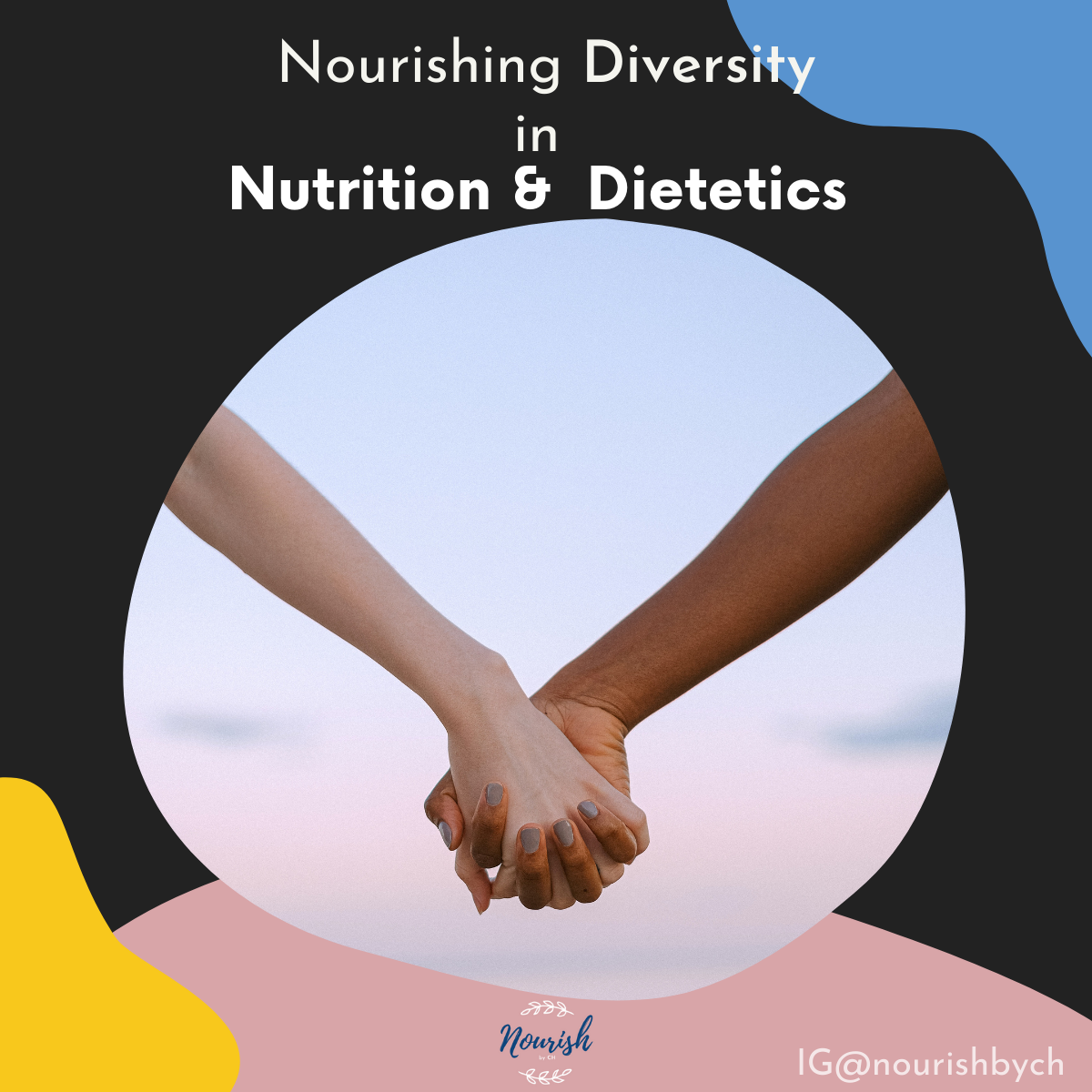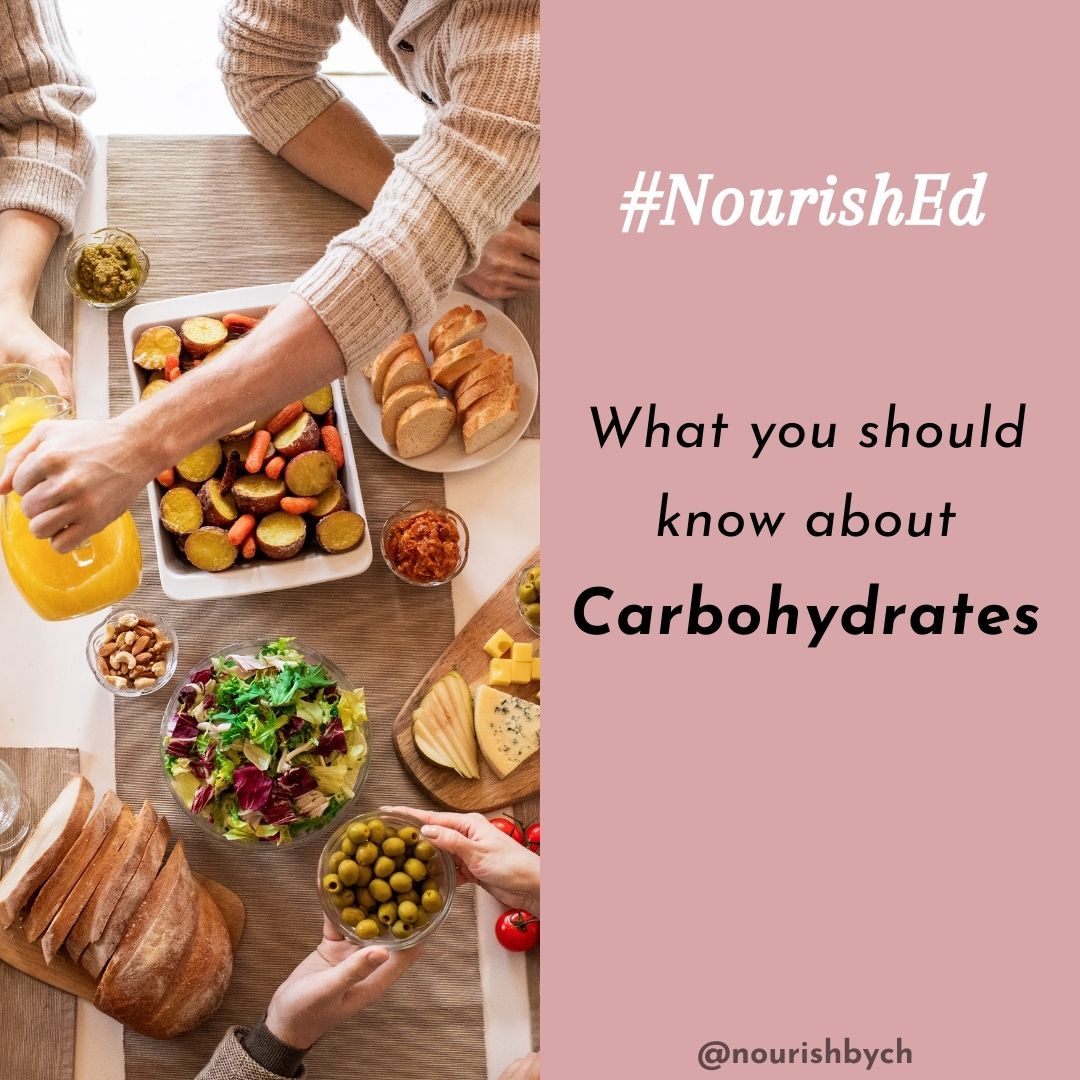
Nourishing Black Diversity in Nutrition and Dietetics
First of all, I’d like to thank all of the amazing registered (and associate) nutritionists and dietitians that shared my tweet and answered the call in support of this month’s campaign! In the Caribbean and North America, we celebrate Black History Month in February. So imagine my surprise when I moved to the U.K to study and realised BHM was October – one of the best months of the year, in case you didn’t know. Despite the differences, I’m taking February to Nourish Diversity in Nutrition & Dietetics. We’ll be interviewing registered nutrition professionals and a few students from all over the world! How exciting!
I am very blessed to come from a majority black country where healthcare is free (although there could be significant improvements). While I was aware of health inequalities and the social determinants of health, learning about it from an ethnicity-based standpoint was very eye-opening.
Read More »Nourishing Black Diversity in Nutrition and Dietetics

